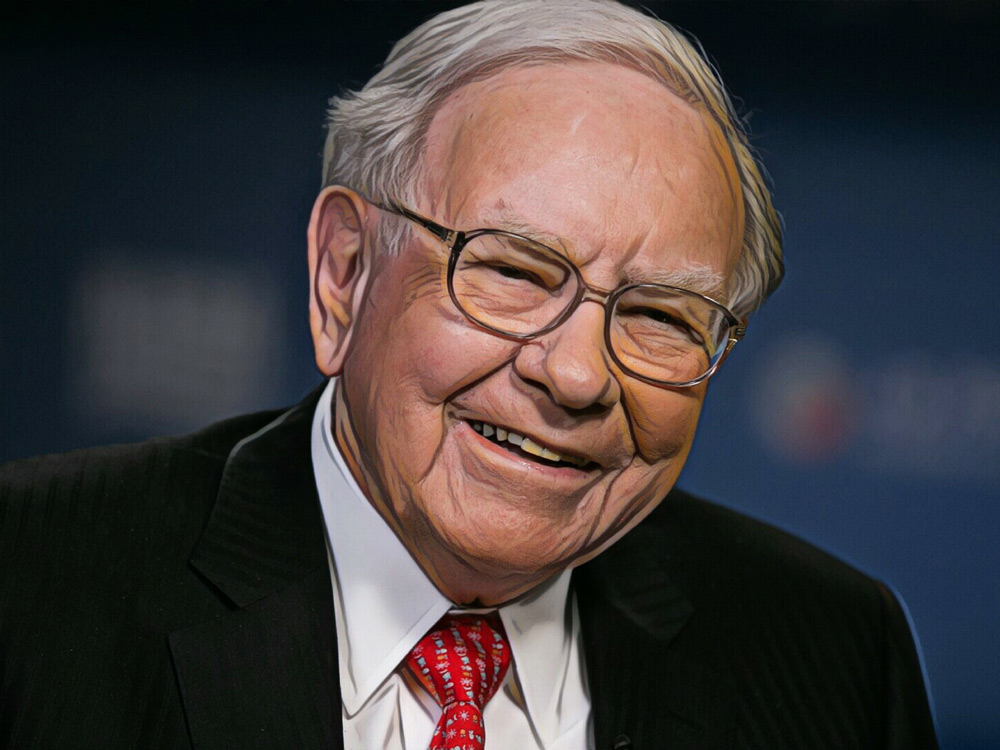
Like February every year, the Cult of Buffett (of which I'm an old member) waits eagerly for the annual letter that the grand old man of investments writes to the shareholders of his holding company, Berkshire Hathaway. Much of the letter is a commentary on interesting aspects of the operations and financing of Berkshire's subsidiaries and companies in which it has large stakes. These include some of the biggest names in world business like Coca Cola, Apple, American Express, Lubrizol and Bank of America. It also includes giant companies like BNSF and General Re which we in India are not familiar with, as well as other significant businesses like Precision Castparts and International Metalworking. Berkshire is a unique entity in the business world in having such a galaxy of businesses, as well as having a unique business and investment culture at the apex of the conglomerate.
In Buffett's letter this year, there's an incident, which although narrated with great good humour by the old man, was responsible for a considerable loss for Berkshire. Here's what he says: Since 2011, we have owned Lubrizol, an Ohio-based company that produces and markets oil additives throughout the world. On September 26, 2019, a fire originating at a small next-door operation spread to a large French plant owned by Lubrizol. The result was significant property damage and a major disruption in Lubrizol's business. Even so, both the company's property loss and business-interruption loss will be mitigated by substantial insurance recoveries that Lubrizol will receive. But, as the late Paul Harvey was given to saying in his famed radio broadcasts, "Here's the rest of the story." One of the largest insurers of Lubrizol was a company owned by . . . uh, Berkshire. In Matthew 6:3, the Bible instructs us to "Let not the left hand know what the right hand doeth." Your chairman has clearly behaved as ordered.
So the so-called insurance cover was just money flowing from one Berkshire subsidiary to another. In a lifetime of managing risk, running huge insurers and owning industrial companies, it turned out that there was a strange risk problem in the business. Although Buffett narrates this as an information-flow issue, for investors like you and me, this amusing anecdote holds an important lesson in diversification. What looks like very different businesses may have hidden connections that make problems in one also become a problem in another.
So many times, I see investors with portfolios that they think are extremely diversified, but in reality those portfolios are just big and sprawling. If you have one equity mutual fund, you are not diversified. If you have four or five or ten or more you feel are well-diversified. IN reality, maybe you are, maybe you are not. If those funds are of the same kind, and have roughly equivalent portfolios, then this is an illusory diversification. The whole point of diversification is that if some of your investments do badly, others should do better. For this different sets of investments should be minimally connected. This can happen at various levels from the broad asset class like debt/deposits vs equity or within the asset classes. Of course, diversification is easier to achieve in mutual funds but even there it needs some thought - it won't happen automatically. Even so, in the case of funds, the needs are simple, as each fund is itself a diversified portfolio. At its minimum, very little diversification is needed as there are plenty of good diversified funds that invest across sectors, company sizes and even geography. Balanced funds even add asset types by investing part of the assets in fixed income. All you need to do is to diversify across fund managers (and AMCs) in order to not get caught with one particular way of investing.
A trivial diversification error by Warren Buffett is not just fun to read about, but also makes a good lesson.





